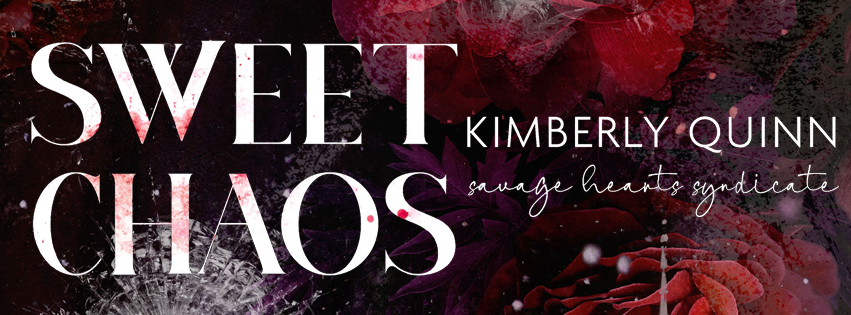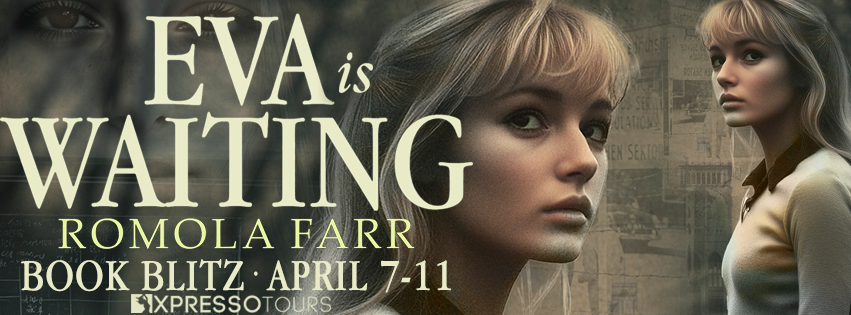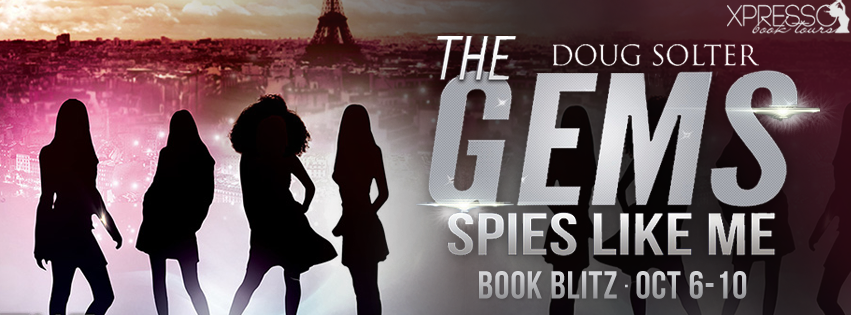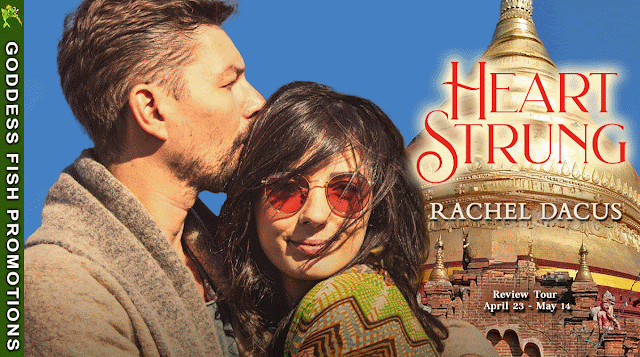Personal essay (narrative nonfiction, brief memoir)
Date Published: Oct 19, 2020
Publisher: Jack Walker Press
Friendships serve as a cornerstone to a rich life. Each of these twenty-four accomplished authors shares authentic stories that consider the meaning of life affirming, sometimes life saving or gut wrenching, and fun realities of investing in each other: Think chicken soup with adult beverages.
Editorial Reviews:
"A thoroughly enjoyable and heartfelt read! This is an invaluable book for anyone seeking insight and comprehension of the convoluted and often misunderstood road we travel known as friendship. A definite 5-star rating!" --International Review of Books
"Friends: Voices on the Gift of Companionship will take you through the full spectrum of what it means to call someone "friend." It's the book you reach for when you need to feel connected to humanity." --Skye McDonald author of the Anti-Belle series
"The authors in this anthology come from a wide range of backgrounds, and share their stories of friendship with convincing, if often difficult, passages. ...We may still regard the gifts of shared histories as nourishment to sustain us." --Carol Barrett, Ph.D. Coordinator, Creative Writing Certificate Program, Union Institute & University; author of Calling in the Bones and Pansies.
"As the stories evolve, readers will relish the personal tones, touches, and explorations that consider the nature of friendship, its gifts and resiliency, and its lasting impact on all. ...an outstanding key to understanding how relationships evolve, change, pass, and often come full circle to become even more valued as the years go by." -- D. Donovan, Sr. Reviewer, Midwest Book Review
Interview with Amy Lou Jenkins
What was the hardest scene from your book to write?
Thank you, Nancy. While I worked with 23 authors to both honor their voice and create the collection Friends, I did include an essay and an introduction with another short essay that introduced my friend of many decades. In the writing, I call her Ginny, and she’s a wild real-life character, but I wanted the audience to understand how someone with morals that many would question could also explify loving and giving. As I write this, she’s caring for COVID19 patients. The classic question: should I show or tell to illustrate her character? What I decided to write was a list of specific behaviors, each action suggesting specific scenes in Ginny’s life that juxtapose her wild life against her loving nature. I think the contrast reflects her complexity and doesn’t hedge from the truth. And in true story-telling capturing the reality is essential.
Why did you choose to write in your particular field or genre?
I write mostly in nonfiction because I’ve always been drawn to a fascinating narrator and to knowledge. I imagine going to a dinner party (I’m writing in the time of Covid 19, so let me close my eyes and really imagine the pleasure of a social evening. Okay, moving on.) I’d love to be seated by a charismatic raconteur. I probably don’t want to read a textbook on Trumpeter Swans, but seat me near the person who has studied and worked with them in the field and is full of specific stories of Swans. Tell me about the Swan who was captive alone for over a decade, and when released finally found a family. Tell me about his beautiful mating dance that he remembered and performed with his long and beautiful neck as a mirror to his mate. And tell me about how he protected the five cygnets and the anticipation felt when wondering if he will be back to the new wilderness conservation area next spring with his family. For me, narrative nonfiction doubles the pleasure of knowledge and entertainment. I’m hooked. I live reading and writing in this genre.
If you write in more than one genre, how do you balance them?
I write most often in nonfiction, but when stuck and full of resistance, I play in other genres. It feels like cross-training to me. Writing fiction or poetry flexes my creative muscles. I also write for children sometimes, pulling out the many stories I made up when my children were small. I’ve notebooks full of these stories, and it feels like an act of live to imagine writing the stories down for them in a more permanent form. Then I take that level of generosity and work to apply it to the readers of my adult books.
What did you enjoy most about writing this book?
I am personally fascinated with the theme of friendship. On one hand, friends are essential and important. On the other, as a writer, I am fussy about how I spend my time. I’m personally conflicted about how to give to my art and how to be generous with friends. What I discovered, was that the contributing authors had friends who came for a season and were essential to their lives. They taught me that not having dozens of close friends wasn’t a sign of disfunction. I’m motivated to nurture friendships and make new friends, but I don’t feel like a sad-sack. The stories helped me be at peace with the vagaries of my own friendships.
What book that you have read has most influenced your life?
If you ask me this question tomorrow, I may answer differently, but right now I’d probably answer Jane Eyre, by Charlotte Bronte, which I first read in my teens. The main character had her own female Homeresque quest, and it felt to me an early 19th century attempt at feminism. The character struggled to find her value outside of the societal pressure women have to be appraised for beauty and silence. When I wrote Every Natural Fact, I explored some of the very themes in as they applied to my own life. Later, when reading a biography of Bronte, I saw that she came by the tales of hardship and struggle from the harsh realities of her own life.
Tell us a little about yourself? Perhaps something not many people know?
I’m drawn to nature and see my time outdoors in wildish places as a kind of meditation. I have a mind that doesn’t like to be quiet, and I’ve failed at sitting meditations. Send me on a nature walk and my mind quiets, and I can experience the moment. A mushroom, a scarlet tanager, a stand of birch, or the wind playing with the pond water—these things captivate and quiet me.
Can you tell us something about your book that is not in the summary?
There is a very short story in the ‘Friends’by Lee Melahn. In the short essay, Lee is abandoned by his young friends and insulted by the adults. I love the almost anecdote story, because the Lee tells it with a kind of superiority that isn’t laden in anguish. Without talking about his current life at all, he tells you by his style that he’s just fine. Even though a true story generally requires a reflecting narrator, Lee accomplishes a lot with his style of storytelling. I could go on and say more about the gifts from many of the stories, but I’ll leave that to the reader to find.
Thank you so very much. Amy Lou Jenkins BSN MFA www.JackWalkerPress.com
About the Author
Amy Lou Jenkins holds an MFA from The Writing Seminars of Bennington, has taught writing at Carroll University, Milwaukee Area Tech College, and conferences and workshops, including NonfictioNow/Iowa Writers Workshop and Write by the Lake/University of Wisconsin, Madison. Her essays and stories have appeared in literary journals and anthologies, including The Florida Review, Flint Hill review, Leopold Outlook, Sport Literate, Earth Island Journal, Consequence Magazine, The Maternal is Political, Journeys of Friendship, and Women on Writing. She’s the author of several books including Every Natural Fact; Five Seasons of Open-Air Parenting. Her writing has been honored by US Book Award, Living Now Book Award, Ellis Henderson Outdoor Writing Award, and XJ Kennedy Award for Nonfiction and more. She pens a quarterly book review column for the Sierra Club. She writes for children under the name Lou Jenkins. She and her husband split their time between Wisconsin and Arkansas. Unless it’s so cold it hurts, she’d rather be outside. Follow her at www.AmyLouJenkins.com
Contact Links
Purchase Links
Giveaway
paperback copies of Friends























































0 comments:
Post a Comment